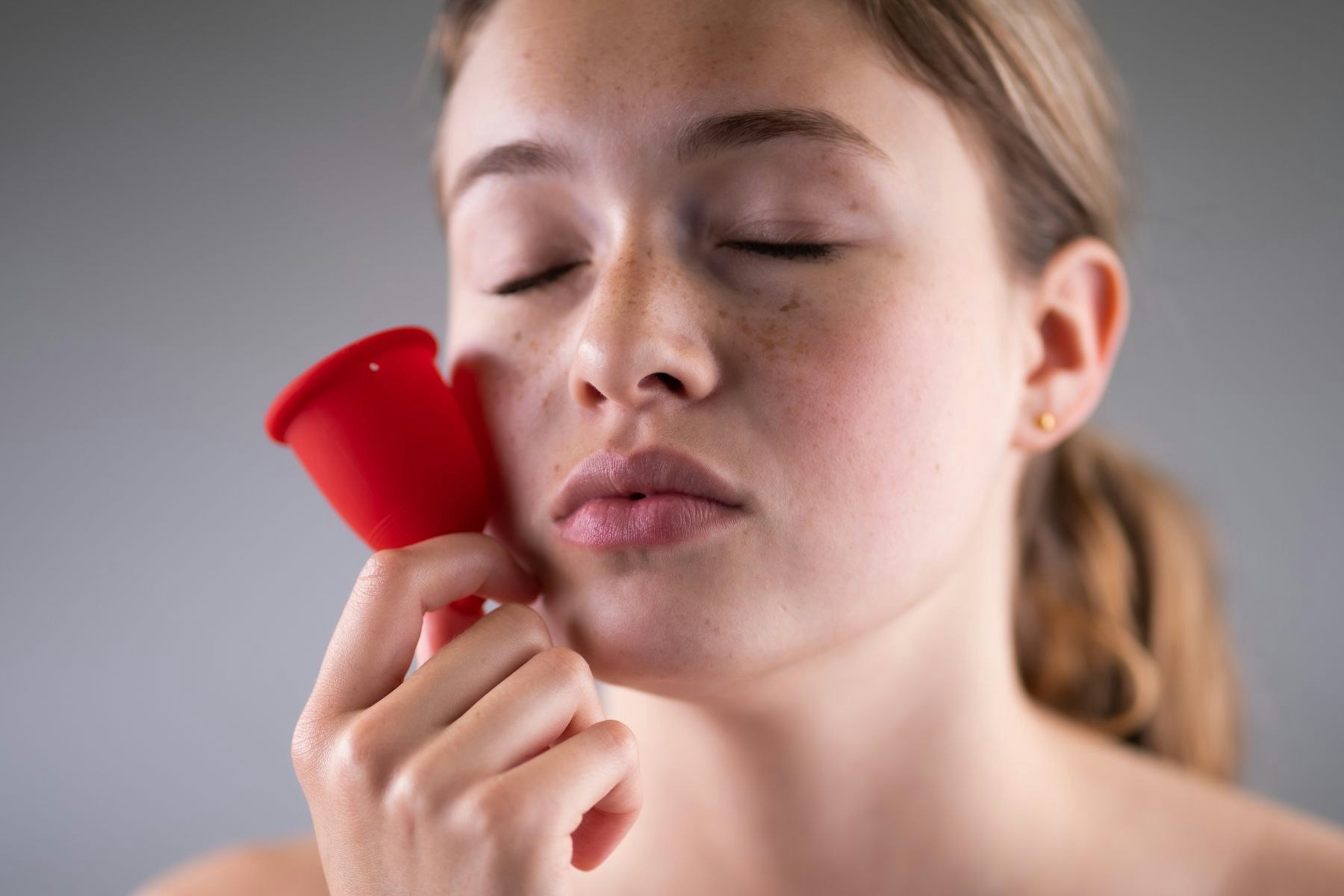Your period doesn’t have to hurt
Eva Zubec
Every woman has experienced at least some pain and discomfort during her period. The first few years for adolescent girls can be particularly intense due to major hormone fluctuations. But this isn’t something we should just accept as the norm. Pain is the body’s way of calling for harmony, for tenderness, and occasionally also for help.
What causes menstrual pain
The causes of menstrual pain are numerous, but increased activity in the uterine muscles is one of the most common. This results from elevated levels of prostaglandin, which helps in the shedding of the uterine lining, known as the endometrium. Genetic predisposition, hormonal imbalance, or certain gynaecological conditions may also be factors. When speaking about pain associated with menstruation, doctors use the term dysmenorrhea. The condition tends to stabilize in young women after childbirth, but if it persists further into adulthood, it should be addressed actively.
The choice of menstrual aid can also have an effect on menstrual pain. Disposable tampons, for instance, can be especially uncomfortable for many women, as they exert pressure on the cervix, which can be quite painful. An excellent alternative is a suitable menstrual cup, because it doesn’t restrict the natural flow of blood; moreover, it’s convenient, hygienic, and far gentler on the body than disposable products.
Warmth, care, and serenity
Warmth, like from a hot-water bottle or an electric heating pad, can go a long way towards relieving tension in the pelvis and abdomen. Likewise, a hot bath can increase circulation in these areas and help induce relaxation. You might also try vaginal steaming with a special blend of herbs chosen specifically for your period.
If for any reason warmth has the opposite effect and causes you greater discomfort, try getting more rest in the first day or two of your period. Gentler forms of exercise, such as yoga, dance, and swimming, are also helpful and make a good alternative to strenuous workouts.
Do your best to avoid stressful situations by postponing any unpleasant dealings for a few days, and try to be more attuned to the signals your body is giving you.
Herbs, minerals, and essential oils
A painful period may also be a response to vitamin or mineral deficiencies in your body, most commonly iron and/or magnesium. If your period is consistently heavy and you feel more tired than usual, talk with your doctor about blood tests. Based on the results, they may recommend using a nutritional supplement to replenish certain substances.
Natural remedies are another helpful option. Contryhel and Yarrow tea, considered by many herbalists to be crucial to female intimate health, is often recommended for menstrual pain. Chamomile and St. John's wort may also prove beneficial. Then there are various bioactive blends of essential oils that can be applied topically to painful areas. In short, the range of possible remedies is indeed broad, and it's up to you to find the ones that work best for you.
Oxytocin – the magic bullet
The body is pretty good at handling painful uterine contractions all on its own, but sometimes it needs a little help. And that’s where oxytocin comes in, a hormone that eases the intensity of uterine contractions and thus greatly reduces menstrual pain. How do we make sure we’ve got enough oxytocin in the body? The answer is simple: Orgasm! Orgasm results in a massive release of oxytocin and almost instantaneous stimulation of blood flow in the pelvic area, and that can have a big impact on easing pain. So, don't hesitate to get your partner (or your vibrator) involved in the fight against pain. After all, they’re not likely to object, are they?
The pink pill as a last resort
It's a little alarming that there are still gynaecologists out there whose first response to menstrual pain is to prescribe analgesics. Sure, in extreme cases, medication is understandable and effective in alleviating pain, but for long-term issues, pain pills merely soothe the side effects of a more fundamental problem that our body is trying to tell us about.
Truly extreme pain requiring monthly use of analgesics may signify a hormonal imbalance or a certain medical condition, usually endometriosis, which affects one in every ten women in the world. So don't let your doctor just wave you off – make sure they figure out what’s going on inside your body as soon as possible. Request a hormone panel, or turn to an experienced gynaecological physiotherapist specializing in female intimate health.
This article was written based on stories from our wonderful followers on Instagram. Women, we thank you!
Photos: Adam Dvořák
Have you turned 18 already?


